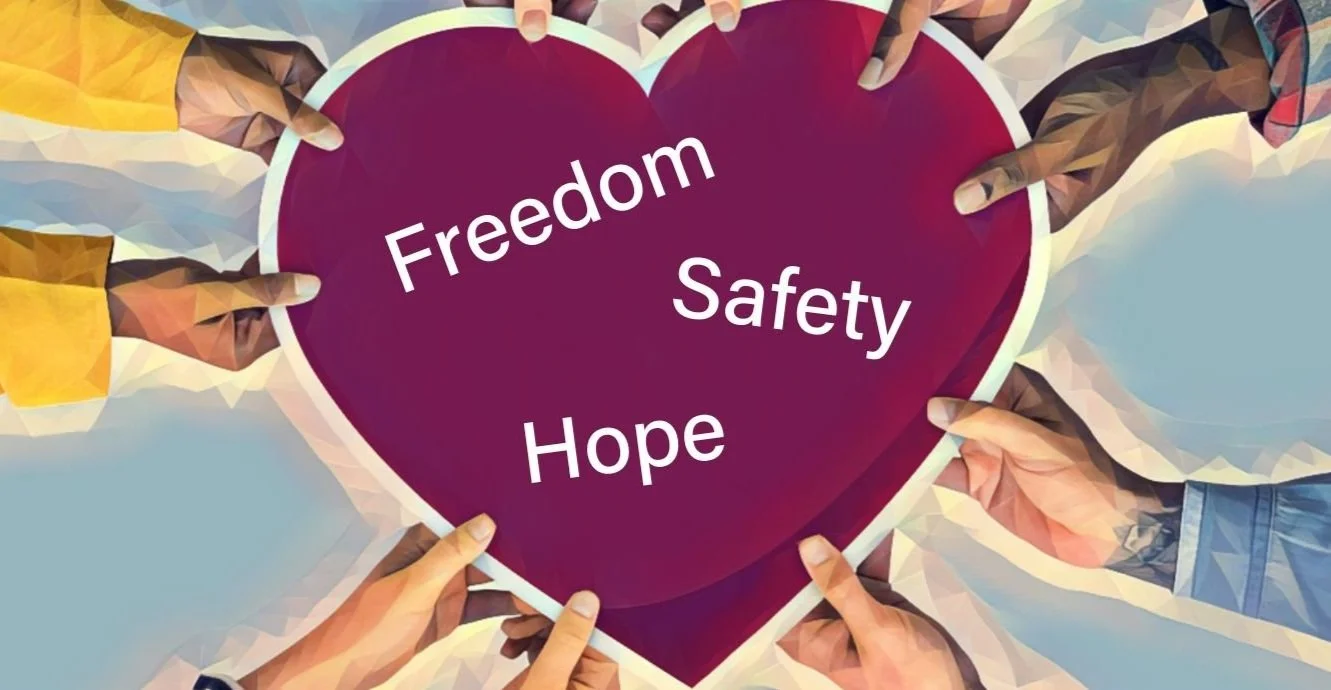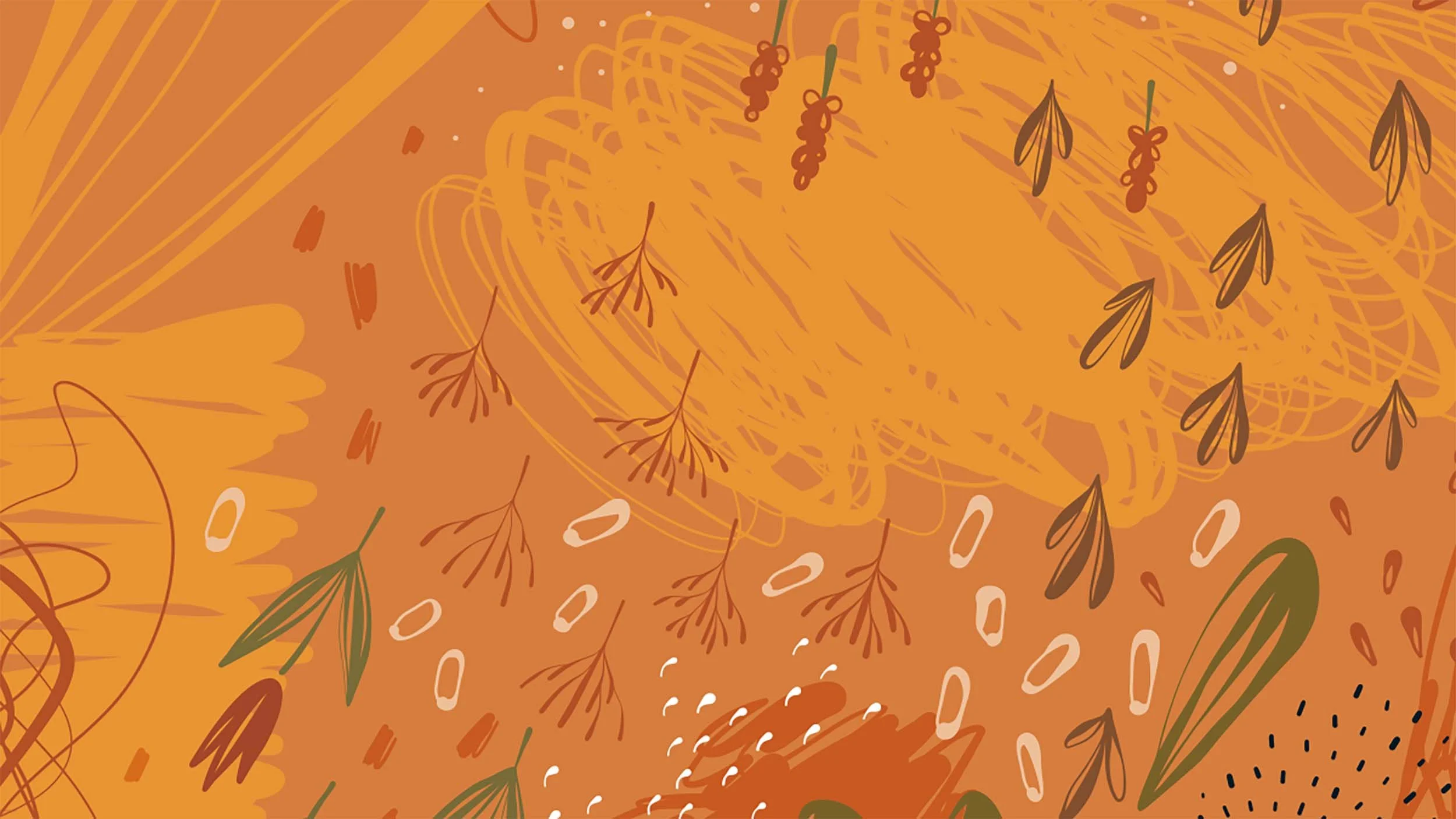Extreme poverty is a common theme in many survivors’ stories, and extreme poverty often comes with a lack of basic needs such as food, a safe place to live, and other basic necessities. When a victim of sexual exploitation resorts to trading sex to meet basic needs, it’s called survival sex. Over the 12+ years that REST has been in operation, we’ve heard innumerable stories from survivors who have engaged in survival sex just to meet their basic needs.
Would a survivor be comfortable in your church?
We’re thankful for…
The last two years have certainly been challenging—for the individuals we serve, for our staff, for us as an organization as a whole, and probably you, too. As we enjoy the Thanksgiving and holiday season, we invite you to join us in acknowledging that we are on the traditional land of the first people of Seattle, the Duwamish People, past and present. We honor with gratitude the land itself, and the Duwamish Tribe.
Resolve to End Homelessness With Us
At REST, we know that there is a massive overlap in sexually exploited individuals and homelessness. Data shows that 84% of survivors of sexual exploitation have endured homelessness. A local study by Deborah Boyer, Commercially Sexually Exploited Children in Seattle/King County 2019 Update, demonstrated that 46% of sexually exploited youth in our community were homeless at the time of the study—and 66% of them had faced homelessness.
10 Ways You Can Help End Sexual Exploitation
“What can I do?” We hear this question—in all of its nuances—a lot at REST—and we love this question.
When first learning about the problem of sex trafficking and sexual exploitation—that thousands of women, men, and children are being exploited right here in the United States every day, it can be paralyzing. It can feel hopeless. The problem can feel too big for any one person to make a difference.
But—as long as there are people who respond to hearing of pain and suffering with the desire (met with action) to make the world a better place—there is hope. As long as people are still asking the question, “What can I do?” or, “What can *I* do?”, we will respond with options.










